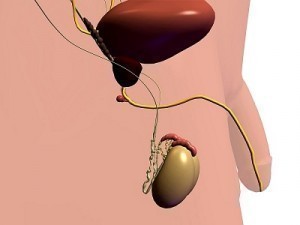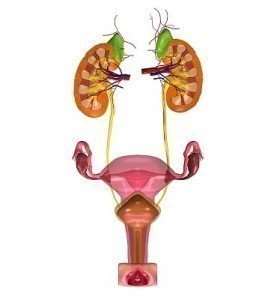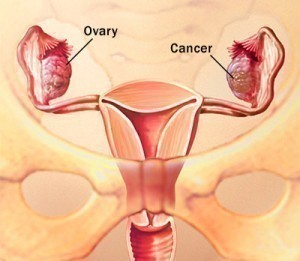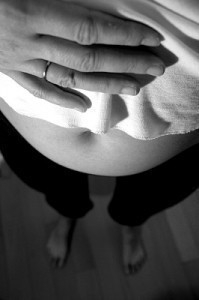Pelvic Inflammatory Disease
Pelvic inflammatory disease (PID) is infection of a woman’s reproductive organs. Infection spreads upward from the cervix to the uterus, fallopian tubes, ovaries, and surrounding structures. Bacteria can infect the fallopian tubes and cause inflammation. When this happens, normal tissue can become scarred and block the normal passage of an egg. You may become infertile. But if your tubes are partially blocked, an egg may implant outside the uterus and cause a dangerous condition called an ectopic pregnancy. An ectopic pregnancy can cause internal bleeding and even death. Scar tissue may also develop elsewhere in your abdomen and cause pelvic pain that can last for months or years.
Symptoms of Pelvic Inflammatory Disease
If you are experiencing the following symptoms, you should see your health care provider, Abdominal pain that does not go away, Irregular vaginal bleeding, Foul-smelling vaginal discharge, Unusual vaginal discharge, Fever, nausea, vomiting, Given the long-term complications PID can cause, such as infertility and ectopic pregnancy, it is recommended that you seek immediate medical attention if you have any of these symptoms, lower abdominal pain or tenderness, fever greater than 101°F(38.3°C), Abnormal or foul-smelling vaginal discharge.
Causes of Pelvic Inflammatory Disease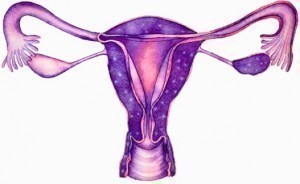
Pelvic inflammatory disease is caused by germs that are transmitted through sexual contact and other bodily secretions. Bacteria that cause gonorrhea and Chlamydia cause more than half of cases. Other organisms found in the vagina can also cause PID but are much less common.
Treatment of Pelvic Inflammatory Disease
Treatment depends on the cause and generally involves use of antibiotic therapy. If the patient has not improved within two to three days after beginning treatment with the antibiotics, they should return to the hospital for further treatment. Drugs should also be given orally and/or intravenously to the patient while in the hospital to begin treatment immediately, and to increase the effectiveness of antibiotic treatment. Hospitalization may be necessary if the patient has Tubo-ovarian abscesses; is very ill, immunodeficient, pregnant, or incompetent; or because a life-threatening condition cannot be ruled out. Treating partners for STIs is a very important part of treatment and prevention. Anyone with PID and partners of patients with PID since six months prior to diagnosis should be treated to prevent re-infection. Psychotherapy is highly recommended to women diagnosed with PID as the fear of redeveloping the disease after being cured may exist. It is important for a patient to communicate any issues and/or uncertainties they may have to a doctor, especially a specialist such as a gynecologist, and in doing so, to seek follow-up care.
For more information on Pelvic Inflammatory Disease read:

